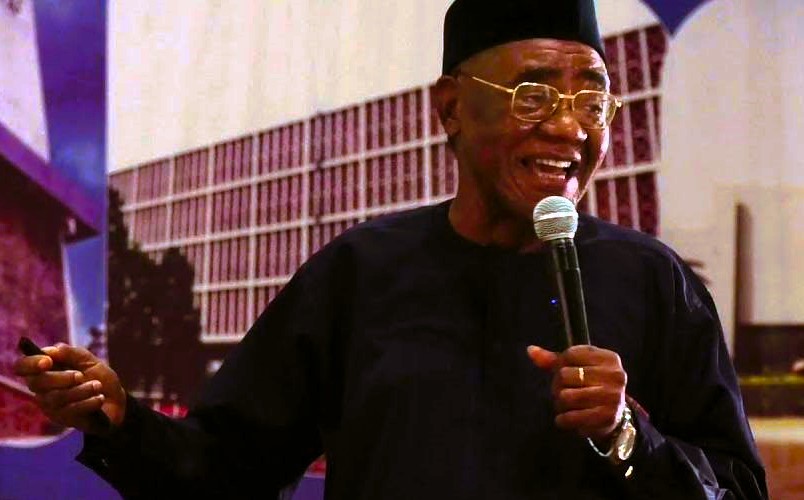Pius Augustine Ike Obanya’s Seven (7) Gifts to Africa
He is called The Professor of Professors. He has spent decades pointing Africa in the directions to follow into a more industrialized but equitable development. Today May 29 is his 85th Birthday celebration. Our publisher Ngozi Hippolytus Asoya attempts to capture decades of outstanding scholarship and service to UNESCO Africa in a few words. It is impossible to do justice to the works of such a collosus but he tried to give you glimpses of the greatness that our country can still attain if we listened to this Sage. We leave you to reflect on what a task this was to sift through his many papers and thoughts.
Outside of the classroom, Professor Pius Obanya’s ideas have had a significant and far-reaching impact on Nigerian educational institutions. Nigeria and the entire African continent stand to gain from his innovative approach to education. An overview of how his work can benefit the area is given below:
- Curriculum Reforms: Nigerian schools are better prepared to create graduates who are well-rounded, adaptive, and capable of taking on real-world difficulties by emphasizing learner-centered curricula and including practical skills, critical thinking, and problem-solving. This strategy is in line with the continent’s demand for creative problem-solvers and inventive thinkers who can promote sustainable development.

PAI’s image generated with Leonardo AI
- Teacher Training and Professional Development: Funding for these areas guarantees that educators have the know-how and abilities needed to provide high-quality instruction. Any effective educational system is built on its instructors, whose influence is felt for years to come.
- Equity and Access: All children, regardless of their socioeconomic status, are to get free and obligatory basic education under the Universal Basic Education (UBE) programme, which was modelled after Obanya’s work. One of the most important issues facing the continent is providing equal access to education, which is both a basic human right and a driver of individual and collective development. This project aims to solve this issue.
- Language Policies: Maintaining cultural identity and fostering inclusivity require acknowledging the value of indigenous languages in addition to official languages. This strategy can help students feel proud of and a part of the African community, which will ultimately help to preserve the continent’s rich cultural legacy.
- Fair Assessment Practices: Educational institutions can more effectively monitor student achievement and pinpoint areas for development by promoting formative assessment techniques and ongoing evaluation. The culture of constant learning and improvement that this method promotes is crucial for both professional and personal development.
- Community Engagement: By including parents, local authorities, and community members in school governance and decision-making procedures, educational institutions can become more pertinent and successful.This cooperative method builds shared responsibility and a sense of ownership for education, strengthening the bonds between communities and schools.
- Lifelong Learning: Obanya acknowledges that education is an ongoing process that goes beyond attending a formal school. Adult education centres, vocational training programmes, and skill development projects are ways that educational institutions can help people prosper economically both locally and across the continent by enabling them to adjust to shifting labour markets.
These suggestions made by Professor PAI Obanya over decades of professing and serving Africa have the power to completely change educational institutions and government agencies by producing a new generation of critical thinkers and well-rounded individuals who possess the knowledge and abilities needed to promote sustainable development, protect cultural heritage, and advance the continent as a whole.

